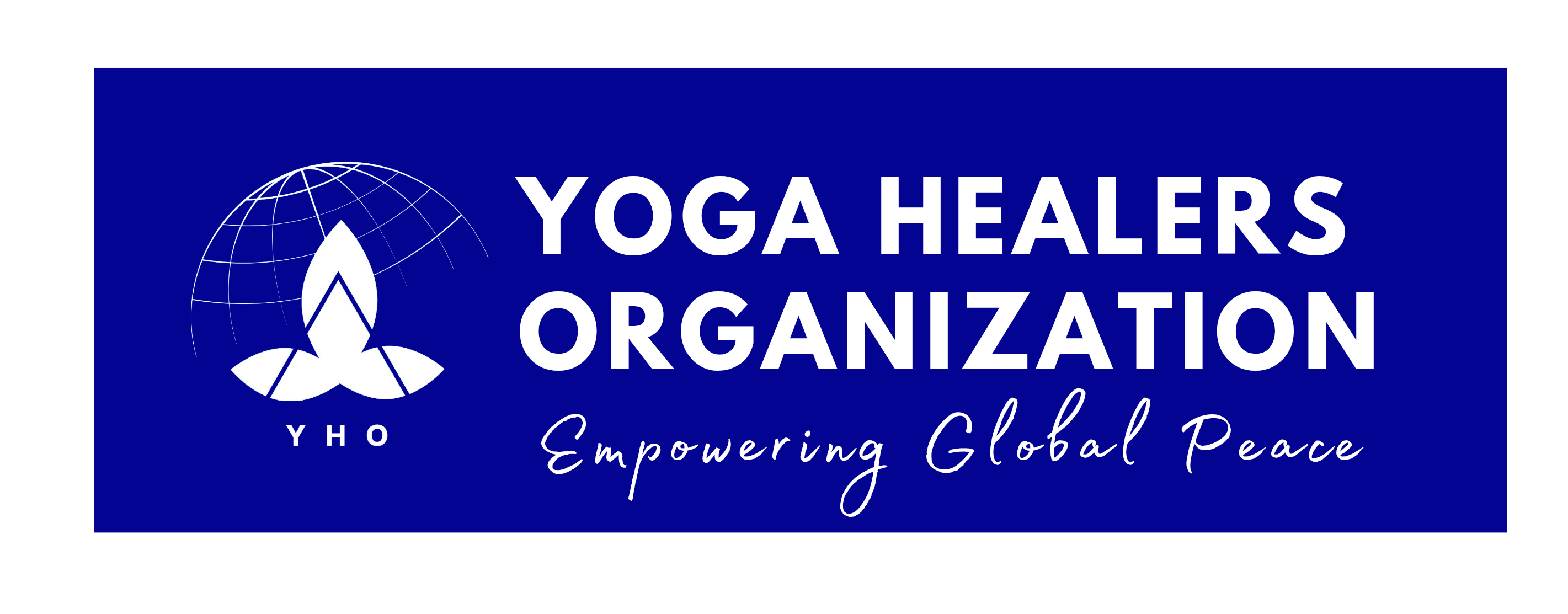
Fostering Social Justice and Empowerment: Building a Fairer Future
Introduction
In a world plagued by inequalities and systemic discrimination, the need for social justice and empowerment has become increasingly apparent. The quest for a fairer and more inclusive society has garnered attention across the globe, as individuals and communities strive to rectify historical injustices and address ongoing disparities. In today’s world, social justice and empowerment have emerged as crucial elements for creating inclusive and equitable societies. The pursuit of social justice aims to ensure equal opportunities, fair treatment, and the protection of human rights for all individuals, irrespective of their race, gender, socioeconomic status, or any other characteristic. Empowerment, on the other hand, focuses on enabling marginalized communities to gain control over their lives, overcome obstacles, and participate actively in decision-making processes.
Understanding Social Justice
Social justice encompasses the principles of fairness, equality, and the distribution of resources and opportunities in society. It seeks to address the systemic biases, prejudices, and discrimination that perpetuate inequality. By dismantling barriers and ensuring equitable access to education, healthcare, employment, and legal systems, social justice aims to create a level playing field for all individuals, irrespective of their background or identity.
Recognizing Power Imbalances:
Empowerment lies at the core of social justice. It involves equipping marginalized individuals and communities with the tools, resources, and opportunities necessary to overcome systemic barriers and achieve their full potential. Empowerment shifts the balance of power, allowing individuals to exercise agency, make informed choices, and actively participate in decision-making processes that affect their lives.
Breaking the Cycle of Inequality:
Social justice and empowerment are vital to breaking the cycle of intergenerational inequality. By addressing the root causes of disparities, such as poverty, discrimination, and limited access to education, we can pave the way for a more just and equitable society. Empowered individuals and communities have the ability to transcend their circumstances, pursue education and career opportunities, and advocate for their rights and needs.
Promoting Inclusion and Diversity:
Social justice and empowerment embrace the importance of inclusion and diversity. They recognize the unique experiences and perspectives of individuals from different backgrounds and identities. By fostering inclusive environments that value diversity, we can create spaces where all voices are heard, respected, and represented. This inclusivity leads to richer conversations, innovative solutions, and a stronger sense of community.
The Role of Collective Action:
Promoting social justice and empowerment requires collective action at various levels. It calls for collaboration between individuals, communities, civil society organizations, and governments. By coming together, sharing resources, knowledge, and experiences, we can amplify our impact and drive meaningful change.
Empowerment: Amplifying Marginalized Voices
Empowerment goes hand in hand with social justice. It involves providing marginalized communities with the tools, resources, and support necessary to challenge systemic oppression and gain control over their lives. Empowerment initiatives focus on education, skill development, financial literacy, and fostering leadership abilities. By amplifying marginalized voices, society can benefit from diverse perspectives and experiences, leading to more inclusive decision-making processes.
Building Allyship and Solidarity:
Social justice and empowerment are not solitary endeavors. It requires individuals, communities, and institutions to come together in solidarity to challenge oppressive systems and build a more just society. Building allyship involves actively supporting and advocating for marginalized communities, amplifying their voices, and challenging systemic biases and prejudices. It is through collective action that transformative change becomes possible.
Promoting Social Justice & Empowerment
Promoting social justice and empowerment is an ongoing process that requires collective efforts and sustained action. Here are some strategies and actions that can help contribute to this important cause:
1. Educate yourself: Start by learning about various social justice issues, including systemic inequalities, discrimination, and oppression. Read books, watch documentaries, and engage with diverse perspectives to deepen your understanding.
2. Engage in open dialogue: Initiate conversations with friends, family, colleagues, and community members about social justice issues. Create a safe space for open dialogue, where people can share their experiences and perspectives without judgment.
3. Advocate for equality: Use your voice to raise awareness about social justice issues. Speak up against discrimination, racism, sexism, and other forms of injustice. Participate in protests, sign petitions, and support organizations and initiatives that promote equality.
4. Support marginalized communities: Identify organizations that work to uplift marginalized communities and contribute to their causes. Volunteer your time, donate funds, or offer your skills and expertise to support their initiatives.
5. Challenge your biases: Reflect on your own biases and privilege. Engage in self-reflection and actively work to unlearn prejudices and stereotypes. Be open to feedback and willing to change your perspectives.
6. Amplify marginalized voices: Use your platform, whether it’s social media, writing, or public speaking, to amplify the voices of marginalized individuals and communities. Share their stories, achievements, and perspectives to foster empathy and understanding.
7. Foster inclusivity: Create inclusive spaces in your personal and professional life. Encourage diversity and equal opportunities. Advocate for policies and practices that promote inclusivity and equality within organizations and institutions.
8. Support fair policies and legislation: Stay informed about policies and legislation that impact social justice. Support candidates and initiatives that promote equality, fairness, and justice. Contact your elected representatives to express your views and advocate for positive change.
9. Engage in allyship: Stand in solidarity with marginalized communities by being an active ally. Educate yourself on allyship principles and listen to the needs and experiences of others. Use your privilege to support and uplift marginalized voices and work towards dismantling systems of oppression.
10. Continuous learning and self-reflection: Recognize that promoting social justice is an ongoing journey. Stay informed, remain open to learning, and continue challenging your own biases. Reflect on your actions and evaluate how you can further contribute to creating a more just and equitable society.
11. Promoting Equal Opportunities :Equal opportunities lie at the heart of social justice. It means providing everyone with an environment that nurtures their talents and potential, regardless of their background. This requires eliminating discrimination in education, employment, housing, and other key areas. Efforts to promote equal opportunities involve implementing affirmative action policies, ensuring unbiased hiring practices, and providing inclusive education that acknowledges and celebrates diversity.
12. Addressing Structural Inequities: Structural inequities, deeply rooted in societal systems and institutions, perpetuate social injustices. These include systemic racism, income inequality, and gender disparities. Addressing structural inequities requires comprehensive policy reforms and transformative changes within institutions. This includes measures such as criminal justice reform, affordable housing initiatives, healthcare access improvements, and the promotion of gender pay equity.
Remember, promoting social justice and empowerment requires long-term commitment and collaboration. Small actions and collective efforts can contribute to meaningful change over time.
Conclusion
Promoting social justice and empowerment is essential for creating a fairer and more inclusive future. The need for social justice and empowerment has never been more evident. It is a moral imperative to strive for a fairer and more inclusive society, where every individual has equal access to opportunities, resources, and rights. By addressing systemic injustices, promoting empowerment, and advocating for social change, we can create a world where social justice is not an ideal but a reality. Let us embark on this journey, embracing diversity, challenging inequalities, and working towards a better future for all.
